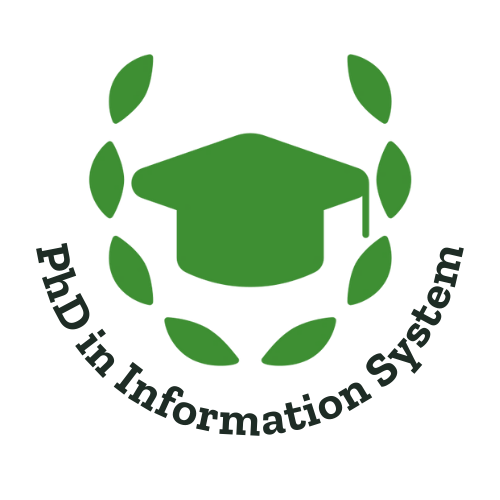Finding mentors and communities as an older PhD student can be challenging. However, building a support network is crucial to your success. Having mentors and a community of peers can help you navigate the challenges of pursuing a PhD, provide guidance and advice, and offer encouragement and motivation. Here are seven tips on how to find mentors and communities as an older PhD student.
1. Join a Professional Association
Professional associations such as the Institute of Electrical and Electronics Engineers (IEEE), Association for Information Systems, and the Association for Computing Machinery (ACM) provide networking opportunities, access to industry events, and resources for career development. These associations can connect you with other professionals in your field and help you stay current with the latest trends and research.
In addition, if you are a minority (Black/African American, Hispanic, etc), there are other associations and groups that you should join to help you. These are people who share similar experiences and are willing and available to provide you with advice and information to navigate the current and future challenges you may face. One of those groups is The PhD Project. I joined this group in my second year of my PhD and remain thankful for the many people I met.
2. Attend Conferences and Events
Conferences and events provide an opportunity to network with other professionals in your field, learn about new research, and gain inspiration for your own work. Look for events that are tailored to your specific interests (educational or identity) and attend them regularly to build relationships with other attendees.
3. Seek out Mentors
Mentors can provide valuable guidance and support throughout your PhD journey.
You may have received some advice to reach out to people to ask them to mentor you.
Please don’t do that.
I cringe when I see that advice. Mentoring is a lot of work that requires some dedication from the person providing the mentorship. Hence, the mentor must have the time to do that work. Have you ever asked someone to mentor you? What was their response?
Consider this instead.
- Identify for yourself someone who could be a good mentor.
- Send an email to ask a question about something you would like their expert advice on
- When you receive that advice, take it, and act on it.
- Send another email back to the mentor-to-be, letting them how you used their advice and the result it yielded. The mentor-to-be likes to see this.
- Follow up with subsequent emails like this, and before long you have found a mentor without asking overtly for them to be your mentor
- After a period of time, you can then ask for a face-to-face or video call to ask quick (5-10 minutes) questions.
4. Join a Study or Research Group
Joining a study group can provide a sense of community and support while helping you stay on track with your coursework and research. Research has shown that study groups are effective. Look for study groups within your department or program, or start your own study group with other PhD students.
If you’re a remote student, it’s likely there are other remote students like you. Start a remote study group so you can have a community with other students going through similar circumstances as your own.
5. Engage with Online Communities
Online communities such as Reddit, LinkedIn, and Twitter, ResearchGate can connect you with other Information Systems professionals and researchers. Participate in discussions, ask questions, and offer your own expertise to build relationships with other members.
Please be careful what you say, share in these online groups. Your advisors and potential employers are watching and listening. Academia is a very small community and they do not forget.
6. Regular Meetings with Advisor
Attending meetings with your advisors can provide an opportunity to ask questions, get feedback on your work, and build relationships with your professors. Make use of this time to get to know your professors and seek their advice and guidance.
If you’re a remote student, you can schedule a virtual meeting with your advisor/professors in the form of Zoom meetings or other online platforms.
7. Attend Campus Events
Campus events such as seminars, lectures, and workshops can connect you with other students and faculty members. Attend these events regularly to build relationships and stay engaged with your department and program.
If your PhD program is remote, you can still stay engaged with your campus activities by:
- Checking your department’s website regularly, as they may have information on upcoming remote events like seminars published online
- Joining mailing lists, as many departments have mailing lists where you can receive updates on department news
- Attending virtual events related to your interests or PhD research field
- Connecting with faculty members so they can recommend remote or virtual events or opportunities
Final Thoughts
In conclusion, building a support network can help you succeed in your PhD program. Joining a professional association, attending conferences and events, seeking out mentors, joining a study group, engaging with online communities, meeting with advisors, and attending campus events are all ways to build relationships and support networks.
By building a strong support network, you are on your way to navigating the challenges of pursuing a PhD with confidence and achieving your academic and professional goals.

